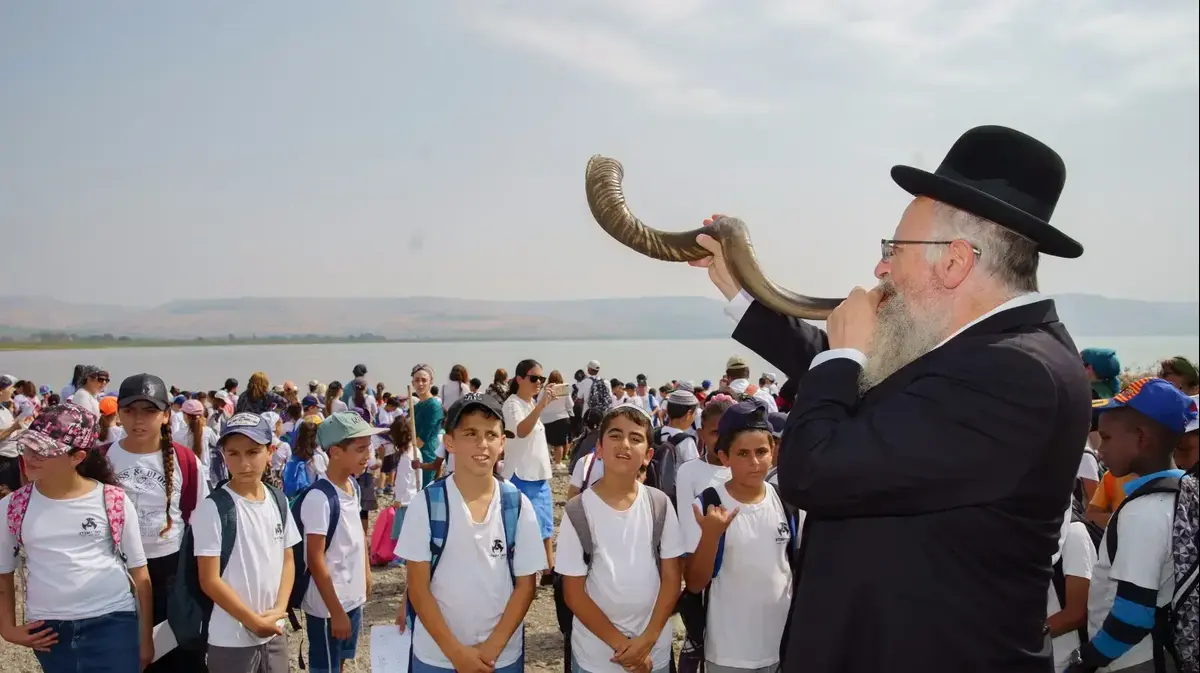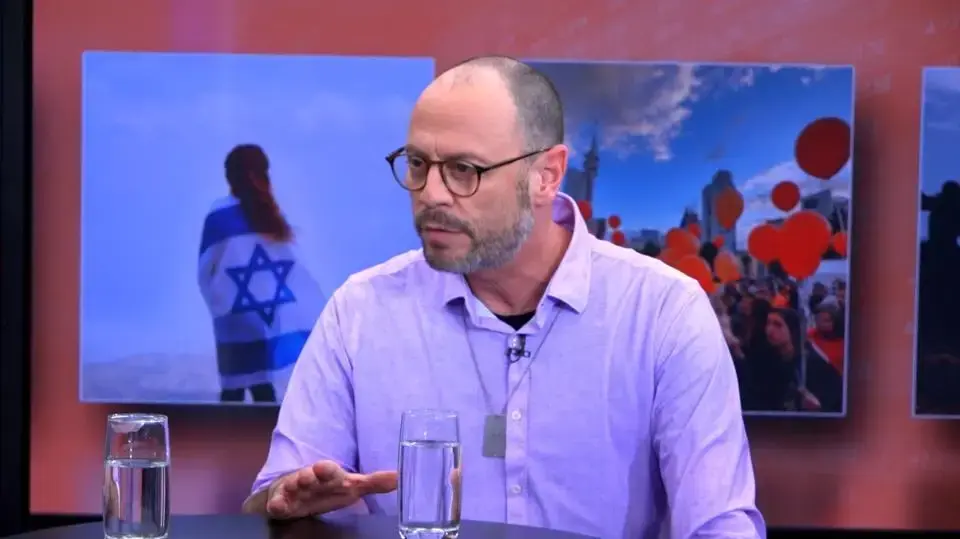Want health? livelihood? Ask everyone, not just yourself
The difference between a person who asks for himself and a person who asks for everyone is the key to communicating with God. When a man asks for himself, one checks if he ever deserves it
Want health? livelihood? Ask everyone, not just yourself
Photo & Edit: Walla! NEWSIn the Talmud in Tractate Berachot, page L was written in the name of my father, one of the great Amorites, that "never to share one's soul with the echoes of Habura," means, according to the great commentators of Rabbi Shlomo Yitzhaki, popularly known as Rashi, that one should not pray a short prayer in a single language but in the tongue. The Talmud also provides an example where a person should say "there will be a will for you before the Lord our God that will lead us to peace and so forth ", that is to say in many languages and not in one language.
Rabbi Haim David Kowalski, the Digital Gemara presenter, explained that "When a man comes to ask God for himself, they check if he deserves it. When he asks in many tongues, when he has the ability to think of more human beings, he inspires a creator of a love world." According to Rabbi Kowalski, "At that moment, a man is fulfilling the commandment of and love for your neighbor as you. Do you want to pray for medicine? For a living? Pray for everyone."
Rabbi Kowalski added, "Being able to look at this rule is the key to communicating with Gd. This is expressed in prayer as they say in many languages 'Rapano', 'Blessing.' Prayer is for millions. The powers given at that moment are spiritual, able to look at all with Israel, And so God hears and answers more prayer. "
Many prayers at the Western Wall. Illustration (Photo: Tali Meyer)
Priestly Blessing at the Wall, April 2015 (Photo: Tali Meyer)
The Digital Gemara is the first venture of its kind led by Rabbi Haim David Kowalski, founder and head of the Daily Page Lights organization, in which anyone can be part of the hundreds of thousands around the country and the world who regularly study one Gemara page daily by watching a short daily video clip. The Babylonian Talmud in its most popular version has 2,711 pages. Rabbi Kowalski's Digital Gemara is presented, and through it, you will meet every day at significant and fascinating points related to daily life, based on the daily study of the Gemara.
Rabbi Meir Shapiro conceived the idea of regular daily study somewhere in 1923. Rabbi Shapiro had one major goal: to encourage all levels of the public to set times for Torah study and to create a common denominator among all learners, regardless of class, profession, or country of origin. Today, 96 years after the initiative launched, hundreds of thousands of Jews across the country and the world are studying together in a regular learning cycle that lasts seven and a half years. The last cycle of the daily page began a few days ago, joining thousands of people who have not shared it so far.
For the Digital Gemara website: Click here.
More in Walla! NEWS More in Walla! NEWSHow to prepare for a fateful meeting? Blessings of Blessings, page L.
To the full article







